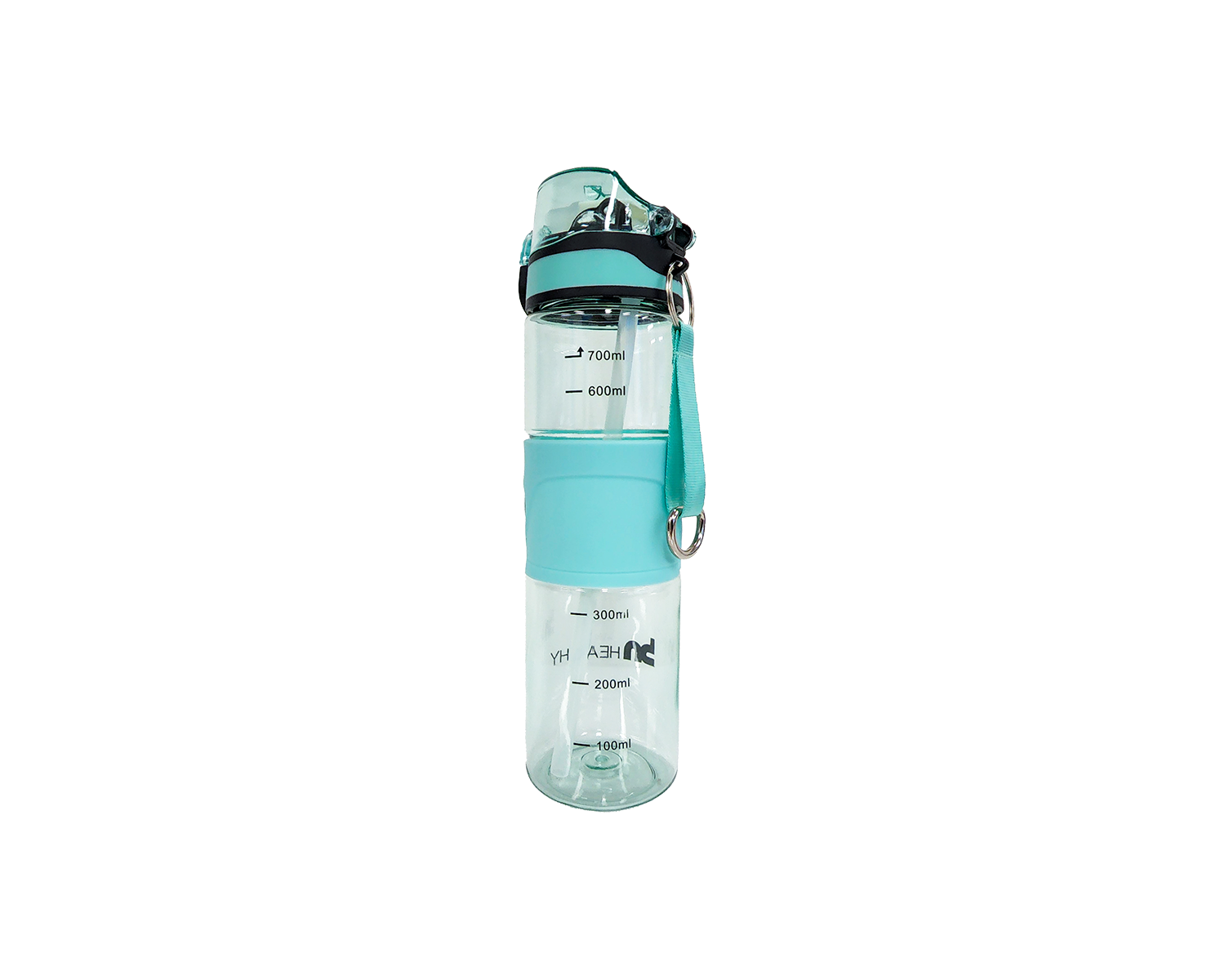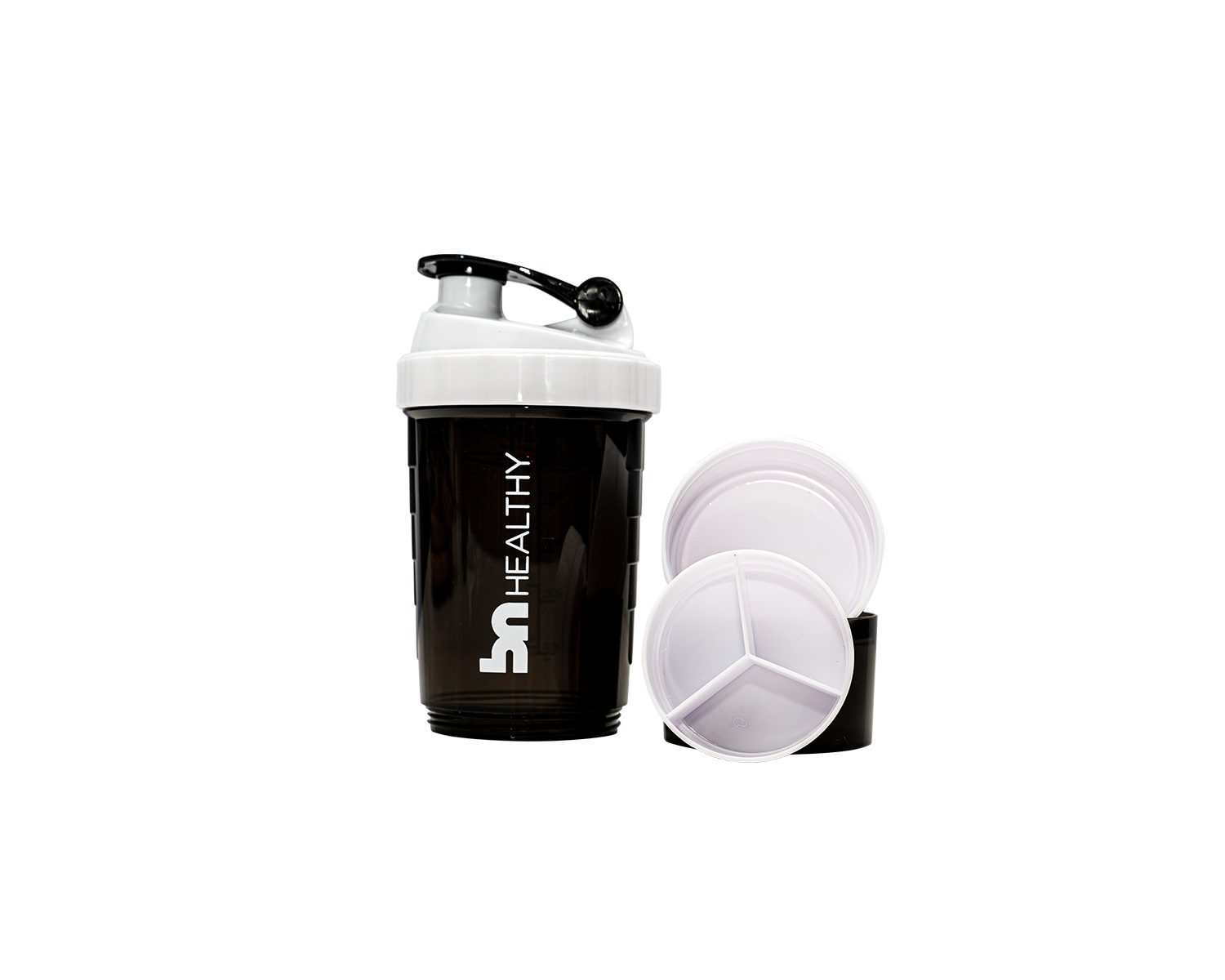January 2023
Jacqui Lewis - BHSc Nutritional and Dietetic Medicine
Gastric Sleeve Surgery:
Tips for
Staying Hydrated

There are many functions of water in the body that are critical to health for everyone, Gastric Sleeve or Bypass Surgery or not. Our bodies are comprised of over 65% water, so it significantly sustains human life!
It's often said that left stranded; we can survive many weeks with no food but not more than three days without adequate water.
Let's explore the importance of water.
Adequate water intake and overall hydration maintenance are essential topics; dehydration is a big issue after Bariatric Surgery and is the main reason for Weight Loss Surgery patients' hospital readmission. So small sips often will rehydrate and prevent fluid loss.
Focus on the recommended fluid intake is critical to avoiding dehydration. Small amounts taken frequently are needed to make up 8-10 glasses (64 ounces) of water needed each day to keep you firing on all cylinders. This is why you'll hear other WLS patients saying, "sip, sip, sip".
One of the significant benefits of drinking water is to hydrate cells. With so many cells in the body reliant on water, hydration is key and can only come from drinking liquids and eating foods that maintain fluid intake throughout the day.

The standard recommended daily intake of water or adequate water for adults is 8 cups (each 250ml) per day. This is aimed at maintaining current levels of hydration, so some patients will need more depending on their weight, activity levels and consumption of other food and drinks that can cause them to lose some water.
An example of this is coffee!! For each cup of coffee consumed, it is said that one and a half cups of water are lost. Alcohol is the other culprit. Many hangover symptoms are related to the dehydrating effect of alcohol in the body.
Signs you could be dehydrated:
Lethargy
Headaches
Cramping
Dry mouth
Cracked sore lips
False Hunger

Left unchecked, advanced dehydration will lead to FALSE HUNGER signals being sent.
This is a survival mechanism – the body's trick to get you to eat more food in the hope that the food you eat will provide the necessary water your body needs to keep functioning properly.
Drink at least eight glasses & more if you exercise
If you're drinking adequate water for your activity levels and body size, but still feeling flat and dehydrated it might be the elements called electrolytes that allow water to be absorbed into the cell are missing or out of balance.
Dehydration could also be your problem if you are simply drained and exhausted. Water is important for body function and kidney health; it
- Regulates body temperature
- Keeps joints lubricated
- Prevents infections
- Delivers nutrients to cells
- Keeps your organs functioning properly

Being well-hydrated also improves sleep quality, cognition, and mood.
Electrolytes are the electricity for the body
Water is some of the answer, and electrolyte balance is the other key to proper hydration.
Electrolytes are minerals needed in adequate balance to allow water into the cells.
Sodium and potassium are critical for this function; magnesium, chloride, calcium and phosphate are other minerals of equal importance.
Many electrolytes manage muscle contraction, which explains the connection between cramping, dehydration, and mineral deficiency.
Potassium is a key electrolyte for regulating heart rhythm and can contribute to arrhythmia and heart attack.
So if you're drinking adequate water but still feeling dehydrated, it may be that the key ingredients to allow the water to be absorbed need to be added or out of balance.
Electrolyte imbalance and dehydration can be common issues after gastric sleeve and gastric bypass surgery. One of the reasons for your hospital stay is to monitor hydration, and to make sure you can reach your daily fluid targets with your new stomach or small stomach pouch.
75% of adults in the U.S. suffer from chronic dehydration
Our dehydration signals are quite weak as opposed to our hunger signals. Statistics suggest up to 75% of adults in the U.S. are dehydrated at any point in time. It seems we are better at ignoring our thirst signals than our hunger signals, which are really important!
With adequate hydration, your efforts to lose weight can continue. As a built-in survival mechanism, your body will preserve water as a protection method when insufficient water is consumed via liquids and food. Adequate water intake will ensure you are not storing fluid, helps to detoxify the system and is a good key to maintaining weight.
Ask your bariatric team to advise you on the correct amount of water to drink per day.
How your body uses water
Did you know that water makes up about 60% of your body weight?
There are so many reasons water is important for the human body.
- Your brain consists of 75% water
- Regulates body temperature
- It helps carry nutrients and oxygen to cells
- It makes up 83% of your blood
- Moistens oxygen for breathing
- It helps convert food into energy
- It helps flush out waste products
- It helps the body absorb nutrients and protect vital organs
- It makes up 75% of muscles
- Accounts for 22% of bones
- Lubricates joints

Tips to increase your fluid intake daily
STEP 1:
Start your day with at least 500ml of quality filtered water. Add the juice of a lemon or lime to get your digestive system primed.
(Always drink your water 30 minutes before or after a meal).
STEP 2:
If water is not "sitting well" or feels heavy, you can add something to break the surface tension. Often electrolyte drinks can be the key to letting the water enter your cells to be used, making it less likely to sit there. You can try electrolytes, or perhaps protein water would help you stay hydrated and smash your protein target for the day too!
STEP 3:
Buy yourself a BPA-FREE BN water bottle from www.bnhealthy.com and drink a whole bottle of water twice each day.
If you are regularly unable to meet the recommended daily water intake.
Especially if you have just had your surgery - reach out to your team sooner rather than later.
Extreme dehydration can be a very dangerous line to toe!
Jacqui Lewis
BHSc Nutritional and Dietetic Medicine








